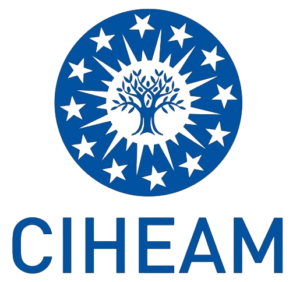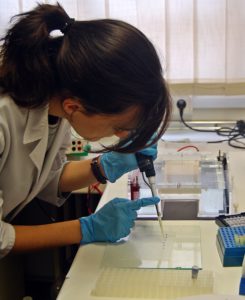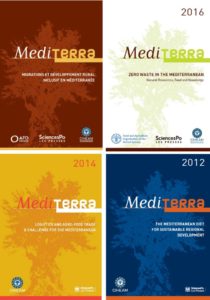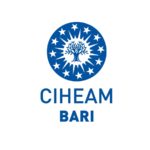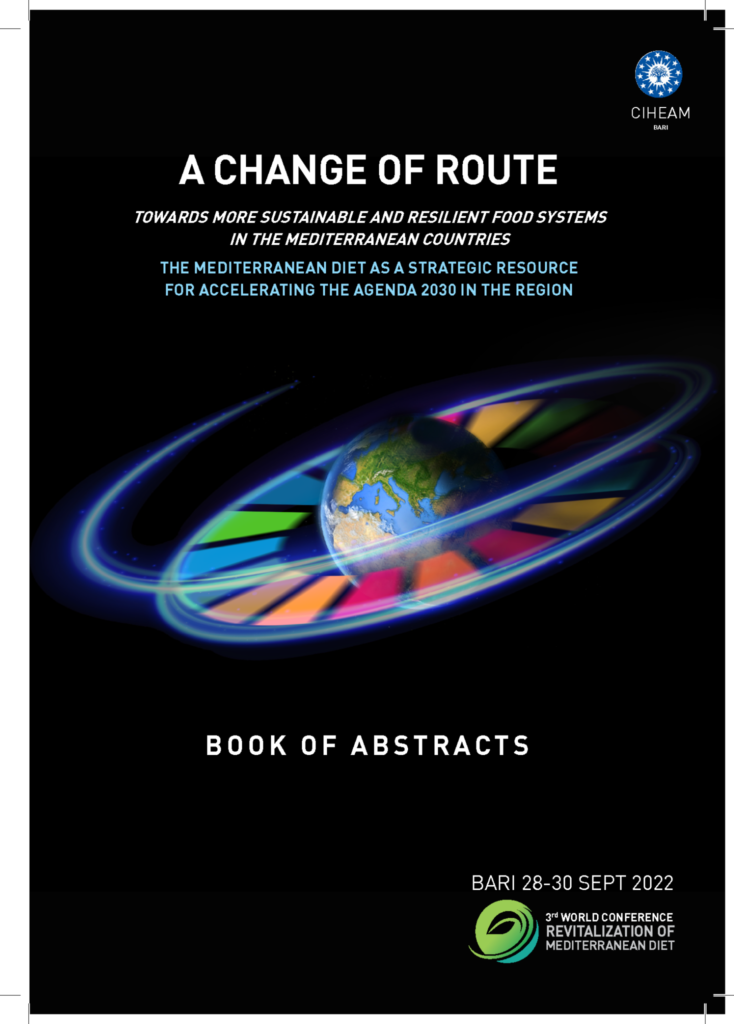

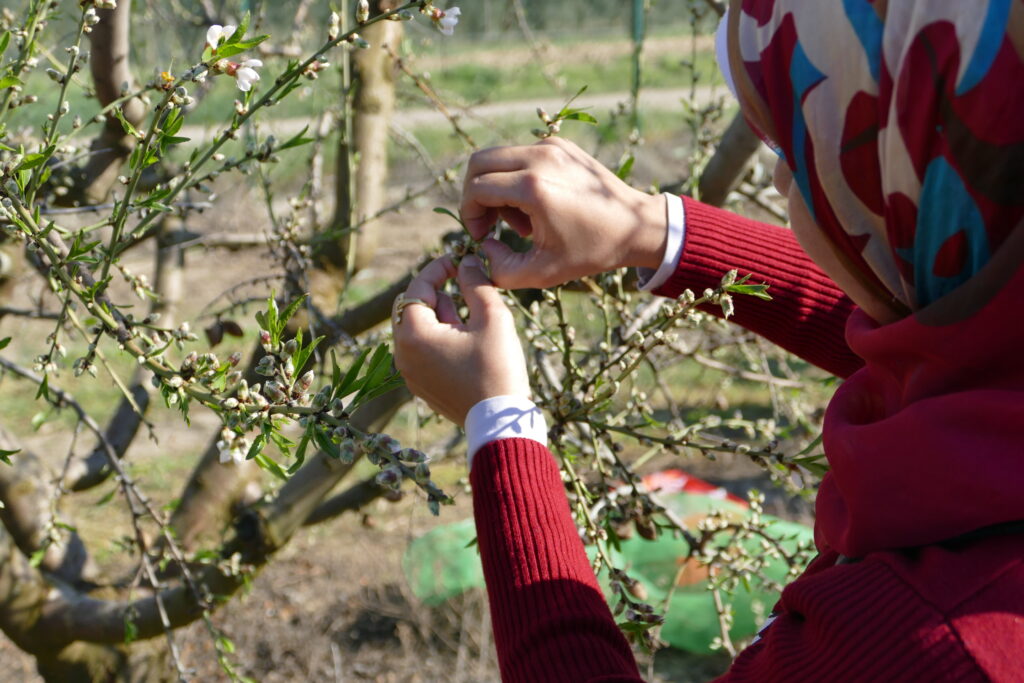
Harvard highlights the important role of the CIHEAM in promoting the Mediterranean Diet
The CIHEAM welcomes the article “Three decades of the Mediterranean diet pyramid: A narrative review of its history, evolution, and advances”, which has been published in The American Journal of Clinical Nutrition, an international reference journal in the field of nutrition.

The article traces thirty decades of evolution of the Mediterranean Diet Pyramid and analyses the scientific advances that have strengthened its status as a healthy and sustainable dietary model. The authors, from Harvard University and leading international scientific institutions, explicitly acknowledge the CIHEAM for its long-standing commitment to promoting the Mediterranean diet through research, training, cooperation and policy initiatives. This international recognition confirms the essential contribution of the CIHEAM to the promotion of a dietary model inscribed on the UNESCO Intangible Cultural Heritage list and widely recognised for its health, environmental and sociocultural benefits.
Toward a “Voluntary Code of Conduct” to strengthen adherence to the Mediterranean Diet
In parallel, a Voluntary Code of Conduct aimed at reinforcing adherence to the Mediterranean diet will soon be published in Nutrition Research Reviews. Developed by an international Task Force with the Federation of European Nutrition Societies (FENS) and the International Union of Nutritional Sciences (IUNS), established during the Third World Conference on the Mediterranean Diet and coordinated notably by the CIHEAM Bari, this document sets out an integrated framework for action to enhance the adoption of the Mediterranean model among populations, to fully integrate its cultural, social, environmental and economic dimensions, and to support the transition towards sustainable food systems in the Mediterranean region. It will provide a solid foundation for the development of coherent public policies, educational strategies and multi-stakeholder partnerships.
The CIHEAM is already fully engaged in this endeavour, particularly through the SFS-MED Platform, a multi-stakeholder initiative affiliated with the One Planet Network’s Sustainable Food Systems Programme, which promotes an innovative regional approach to transforming agri-food systems.
In the face of challenges posed by shifting dietary patterns, the expansion of ultra-processed foods and the erosion of traditional practices, the CIHEAM intends to intensify its efforts to strengthen interdisciplinary research, promote food and nutrition education, support innovation and local ecosystems, assist public policymakers and promote the Mediterranean food heritage.
The Mediterranean diet represents a key pillar in the ecological, social and cultural transition of food systems. The CIHEAM will continue to dedicate its efforts and operational capacity to this endeavour, in close collaboration with institutional, scientific and territorial partners.
See also the CIHEAM opinion piece in Usbek & Rica, ‘What if the Mediterranean became the world's food conscience?’


